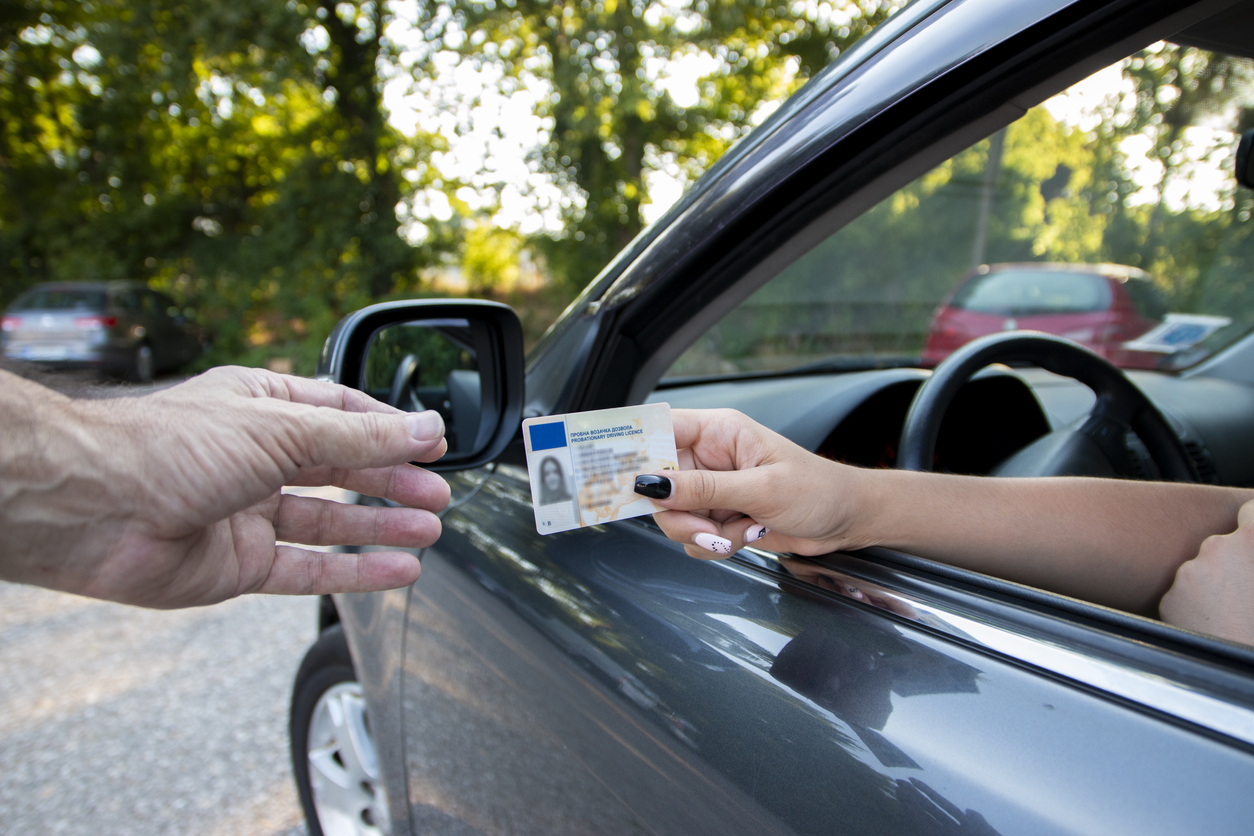Harlene Labrum | August 26, 2024 | Truck Accidents
Types of Commercial Driver’s Licenses

Commercial driving is a vital part of our economy, ensuring that goods reach every corner of the country. Operating a commercial motor vehicle (CMV) requires special knowledge and skills, and commercial truck drivers are held to a higher standard than other motorists. These drivers spend long hours on the road, often traveling several hundred miles in a single shift. The Federal Motor Carrier Safety Administration (FMCSA) requires drivers to obtain a commercial driver’s license (CDL) through their home state to operate certain types of large vehicles.
To obtain a CDL, drivers must pass in-depth skills and knowledge tests, health screening, training, and a background check. Additional endorsements may be required depending on the type of vehicle and what it carries.
Here is an overview of the three classes or types of commercial driver’s licenses in Tennessee and the unique qualifications and vehicles each class covers.
Commercial Driver’s License Classes in Tennessee
Drivers must apply for a commercial driver’s license to operate large vehicles. Class A, B, and C licenses are based on the Gross Combination Weight Rating (GCWR), Gross Vehicle Weight Rating (GVWR), and what is transported. The Tennessee Commercial Driver Manual provides more information about the types of CDLs and requirements.
Class A CDL
A Class A CDL allows drivers to operate combination vehicles with a GCWR of 26,001 pounds or more. The GVWR of a towed vehicle can exceed 10,000 pounds. If the trailer weighs less than 10,000 pounds, a Class B license can be used instead.
With a Class A CDL, drivers can operate vehicles like tractor-trailers, truck and trailer combinations, tank vehicles, livestock carriers, and flatbeds. It’s the most versatile type of CDL.
Semi-tractor-trailers can weigh up to 80,000 pounds. With a Class A commercial driver’s license, you will be authorized to operate vehicles at this extreme end of the scale.
Class B CDL
A Class B CDL allows drivers to operate a commercial vehicle with a GCWR of more than 26,000 pounds, but the GVWR cannot exceed 10,000 pounds. With a Class B CDL, a driver can operate box trucks, city buses, large passenger vehicles, and tractor-trailers.
Class C CDL
A Class C CDL allows drivers to transport 16 or more passengers in a single vehicle or to transport hazardous materials. This type of CDL can be used to operate passenger vans and commercial HAZMAT vehicles.
Common CDL Endorsements
CDL endorsements are additional certifications that allow drivers to operate specific types of commercial vehicles or carry certain types of cargo. An endorsement usually requires passing an additional knowledge test. Some endorsements may require additional screening or training.
Here are some common CDL endorsements and their meanings:
- P – Passenger: Permits drivers to operate vehicles carrying passengers.
- T – Double/Triple Trailers: Allows drivers to tow double or triple trailers.
- N – Tank Vehicle: Enables drivers to operate vehicles that haul liquid or gas in a tanker truck.
- H – Hazardous Materials: Authorizes drivers to transport hazardous materials. It requires passing a TSA criminal background check and a HAZMAT knowledge test.
- S – School Bus: Required for drivers operating school buses. This requires 15 hours of ODE Behind the Wheel training, an ODE driving test, and a criminal background check. Drivers must pass a knowledge test and a skills test in a school bus.
- X – Combination of Tank Vehicle and Hazardous Materials: Allows drivers to carry hazardous liquid or gas in a tanker.
An endorsement adds driving privileges. A driver may also have restrictions on a CDL license. For example, a driver with a Class A CDL who receives the S or P endorsement with a Class B or C vehicle will receive an M restriction. This prohibits the driver from operating Class A passenger vehicles without passing the skills test in a Class A passenger vehicle.
Basic Requirements For a CDL
Before you can start driving a commercial vehicle, you need to meet several basic requirements. Here’s a summary of what you’ll need to obtain a CDL in Tennessee.
- Age requirement: Must be at least 21 years old for interstate driving or 18 for intrastate driving.
- Valid driver’s license: Must hold a valid, non-commercial driver’s license.
- Medical examination: Pass a Department of Transportation (DOT) medical examination.
- Vision test: Pass a vision screening test.
- Knowledge tests: Pass written tests on general knowledge, air brakes, and other relevant topics.
- Skills tests: Complete a pre-trip inspection test, basic control skills test, and road test.
- Background check: For certain endorsements, such as HAZMAT, pass a Transportation Security Administration (TSA) background check.
- No disqualifications: You cannot have disqualifications for holding a commercial driver’s license, such as specific convictions.
Since 2022, CDL applicants must complete an additional step: Complete Entry Level Driver Training (ELDT). This FMCSA-certified training program is necessary to qualify for a Class A or B CDL, to upgrade to a Class A CDL, or to get a P, S, or H endorsement.
The purpose of strict CDL requirements and oversight is to reduce the number of truck accidents on American highways. Sadly, thousands of people are still hurt every year due to drivers or trucking companies ignoring regulations.
If you have been hurt in a truck crash, Labrum Law Firm Personal Injury Lawyers is here for you. Contact our law firm for a free consultation with a Nashville truck accident lawyer to discuss how we can help you.
Contact the Labrum Law Firm Truck Accident Lawyers To Learn More About Your Legal Rights
If you experience a trucking accident with a truck parked on the shoulder of the road, you may have extensive injuries and losses. You may feel overwhelmed and unsure of your next steps. An experienced trucking accident lawyer from Labrum Law Firm can handle your case from beginning to end and help ensure your legal rights remain protected while you are free to recover. We work on a contingency fee basis with no financial risk for you. Contact our legal team from Labrum Law Firm Personal Injury Lawyers, today to schedule your free consultation.
We proudly serve Nashville, Brentwood, and its surrounding areas in Tennessee:
Labrum Law Firm Personal Injury Lawyers – Nashville
315 Deaderick St, Suite 1525
Nashville, TN 37238
(615) 265-0000
Opened 24 hours
Labrum Law Firm Personal Injury Lawyers – Brentwood
320 Seven Springs Way, Suite 250
Brentwood, TN 37027
(615) 265-0000
Opened 24 hours

